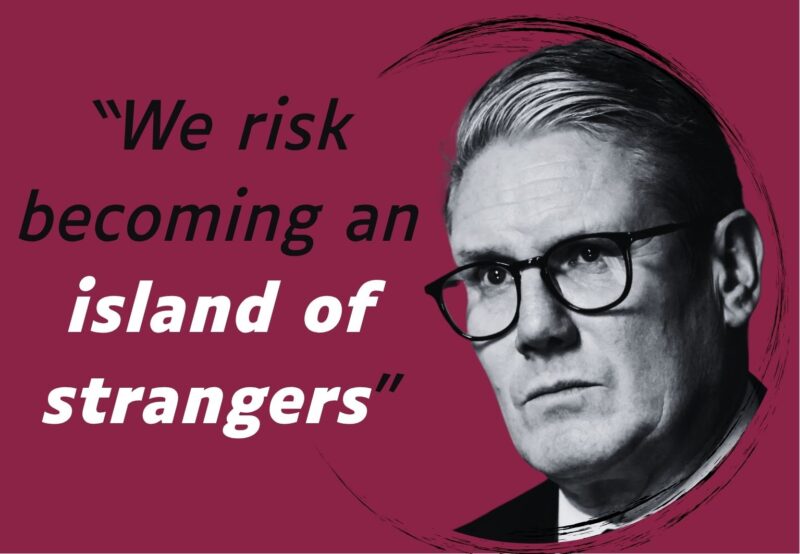In rape cases, who is on trial?
 The acquittal of Dominique Strauss Kahn and the public character assassination of his victim reveal a lot about societies attitudes towards rape, argues Jo Cassidy
The acquittal of Dominique Strauss Kahn and the public character assassination of his victim reveal a lot about societies attitudes towards rape, argues Jo Cassidy
ON 15 MAY managing director of the IMF Dominique Strauss-Kahn was arrested for the attempted rape of Manhattan maid Nafissatou Diallo. Three months later the case has been dropped against him, and his friends and cronies have declared DSK ‘blanchi’ – meaning whitened or vindicated.
But for me, the only thing this case has proved is the unfair nature of judicial systems across the world when it comes to convicting rapists. Rape has one of the lowest conviction rates of all crimes – in the UK it stands at 6 per cent and in the US it is only slightly higher at 13 per cent.
Moreover, the process of prosecuting an attacker is very traumatic for those women who are brave enough to press charges. In court, rape cases frequently involve a harsh cross-examination of the victim, exposing her sexual history, criticising what she was wearing, and whether she was drunk is taken into account. It is the victim that must defend their credibility, not the attacker.
This is exactly what happened in Nafissatou’s case – she was the one on trial, undergoing a complete character assassination which uncovered that she had lied on her asylum application when she arrived from Guinea and that there was some inconsistency in her account of what she did following the attack.
For a judicial system which is skewed in favour of rich, powerful white men this was more than enough to throw Nafissatou’s case out, without even giving her the chance to go to court.
But in reality, the confusion over whether she waited in the corridor or went into a room after the attack cannot possibly rule out that she was telling the truth – particularly when the forensic evidence (bruising consistant with a sexual assault) supported her account.
This case will have far-reaching effects and dissuade other women from coming forward. It confirms every rape victim’s worst fears that if she reports the attack, it will be her honesty and judgement that are called into question while her attacker walks free.
What about DSK’s character? He is a well-known womaniser and aggressor – other women have confirmed he also molested them. Journalist Tristan Banon came forward after the attack on Nafissatou to say DSK attempted to rape her during a interview in 2003. But it is clear that when it is one person’s word against anothers, the word of a powerful, male politician trumps that of an immigrant woman.
The case did, if fleetingly, shine a light on the French political culture of machismo and sexual assault which is kept out of the public eye under the guise of “respect for privacy”.






